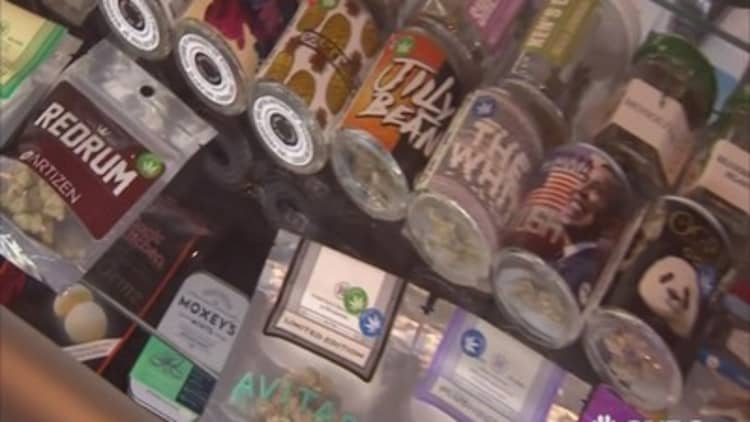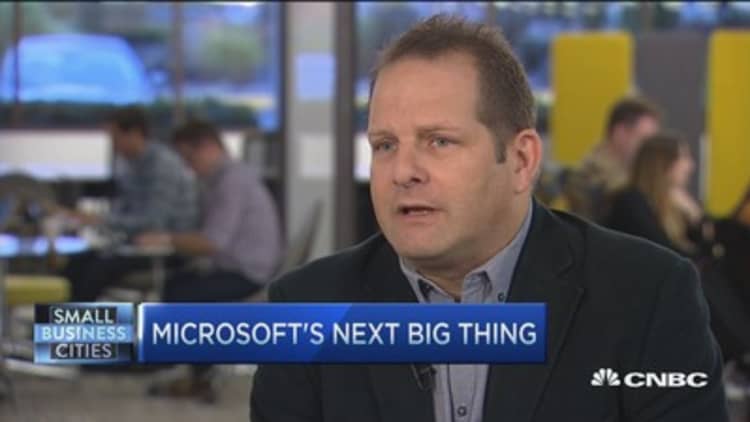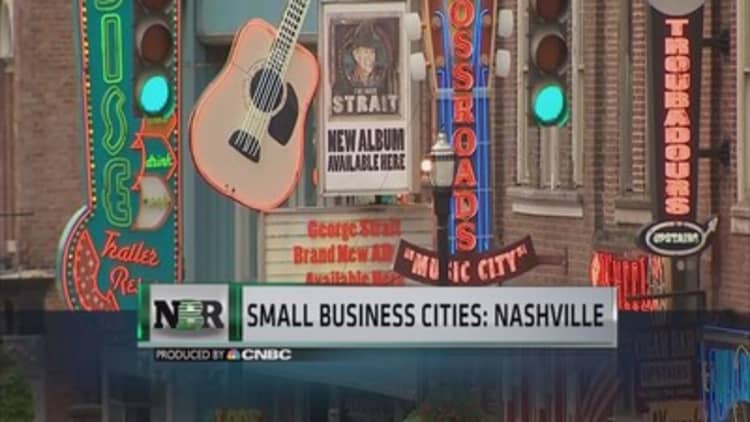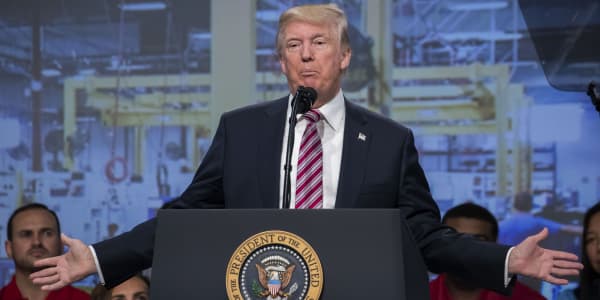


Tech giant Microsoft hasn't been a start-up in decades. The company was famously launched by Bill Gates and Paul Allen in a garage in 1975 and has since grown into an international brand with a market cap of some $430 billion. But Redmond, Washington-based Microsoft is getting back to its entrepreneurial roots in nearby Seattle, gearing up for another cohort of its start-up accelerator program Microsoft Ventures, this time focusing on machine learning.
"We're the new Microsoft — we're here to empower people to do more and empower start-ups to do more," said Zack Weisfeld, general manager of Microsoft Ventures Accelerators, which has programs all over the globe, housing start-ups and providing them with mentorship, connections and growth.
It's the ecosystem of innovation in Seattle, and it's greater metro, with big names from Microsoft to Amazon to Zillow, that have laid the foundation for the city's new class of entrepreneurs, said Rebecca Lovell, director of entrepreneurship and industry for the city of Seattle.
"Anchor tenants are a critical part of the start-up ecosystem — they attract top global talent to the region, spin off entrepreneurs who launch their own start-ups, create wealth, which is the fuel in the entrepreneurial tank and, in some cases, acquire start-ups," Lovell said.
Seattle was named a top 10 leading start-up city globally in the 2015 edition of the Global Startup Ecosystem report from business researcher Compass, ranking No. 8. According to the Kauffman Foundation, there are nearly 168 start-ups per 100,000 people in its 2015 Kauffmann Index: Startup Activity Report, ranking No. 16 out of 40 metros studied.
Venture capital also had a "record-breaking year" in Seattle, Lovell noted, with more than 150 deals and $1.5 billion between information technology and life sciences. The first half of this year was equally promising, she said, with 99 deals and more than $900 million in investment.
The weed factor
Some of the city's small-business growth is also tied to recreational marijuana in Washington State, which was legalized in 2012 and went on sale in July 2014. Industry research group GreenWave Advisors LLC said that in 2014 the Seattle recreational market was approximately $9 million and the state totaled $41 million. This year's projections are significantly higher, at $49 million for Seattle and $375 million for the state.
Ian Eisenberg is cashing in on the trend, after buying property in 2009 in a troubled neighborhood and not being able to find a stable tenant. "It was a desolate corner, and zoning allowed for a pot store," Eisenberg said. "I got really interested in the industry."
Last year, he opened up Uncle Ike's Pot Shop, which has grown to some 50 employees and is doing about $1.4 million a month in sales. There are three major construction projects now in the works nearby at the other corners, he said.
Read MoreThe top cities for start-ups
"It's kind of ironic that a pot shop has spurned the revitalization of the area," he said.
And for entrepreneurs who want to launch companies and do good, there's Fledge, a "conscious company accelerator" in Seattle. They invest $20,000 into a company to cover travel, room, board and some start-up costs for entrepreneurs with social and environmental concepts. The exclusive program that lasts 10 weeks and provides mentorship and training to get start-ups off the ground. In three and a half years, they've had 39 graduates from all over the globe, launching businesses that do things from recycling cotton to raising escargot and more.
"All of the research shows that if you do good by doing business, you make more money," said Luni Libes, Fledge's founder and managing director. "We pick companies that will have the biggest potential impact and plans they can actually turn into businesses."
Read MoreAustin redux: Barbeue, country music and start-ups
As for what the future holds, no matter the concept, Microsoft's Weisfeld is bullish on Seattle's future growth, especially in tech.
"I think in the next five years, we are going to see a couple of unicorns coming out of this area," he said.





